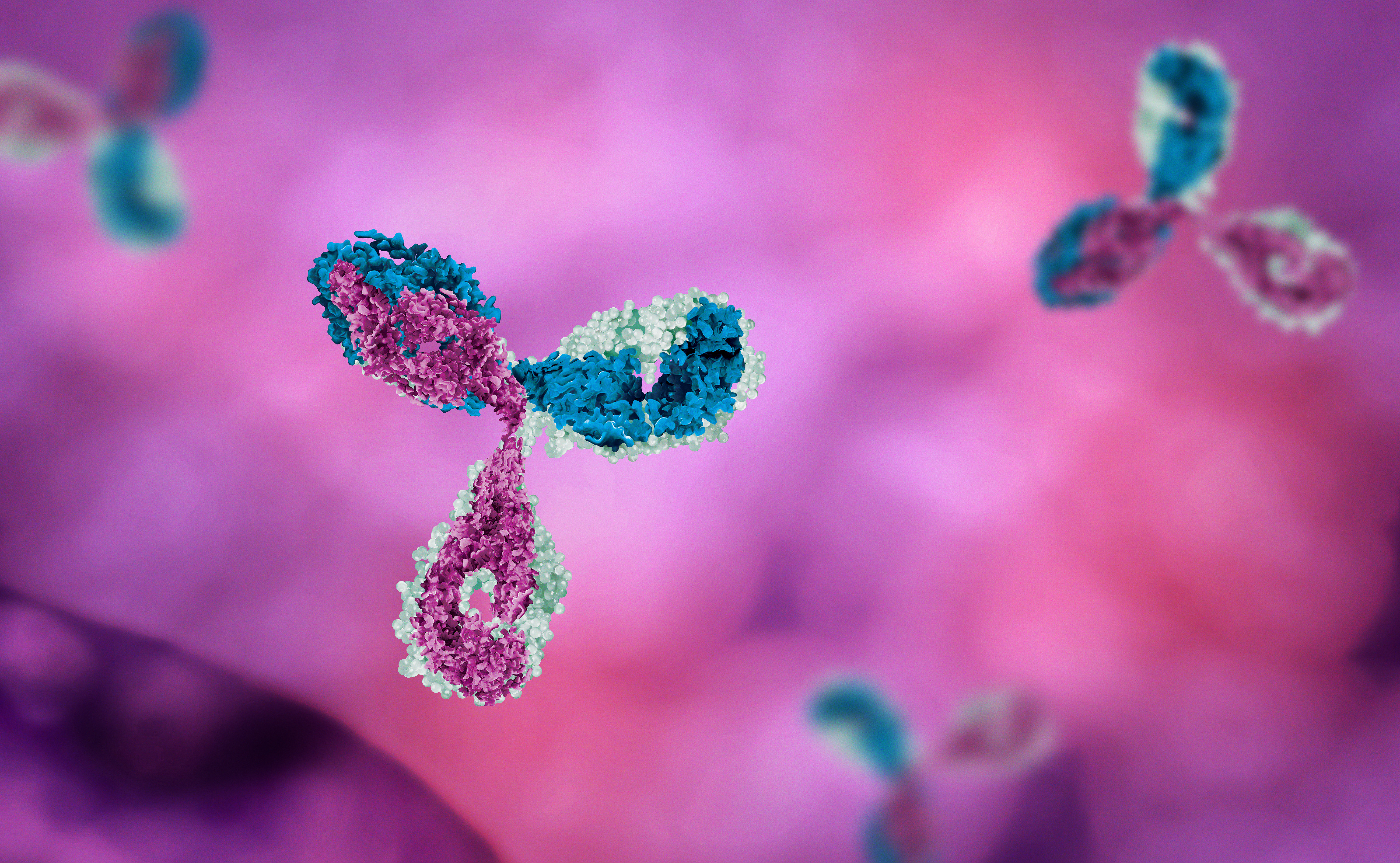
Moderna have announced that their SARS-CoV-2 vaccine candidate mRNA1273 showed efficacy in a first interim analysis of results from a Phase 3 clinical trial. This follows closely on the heels of Pfizer/BioNTech’s report of the efficacy of their SARS-CoV-2 vaccine candidate BNT162b2 in Phase 3 clinical trials (see our blog Pfizer and BioNTech vaccine provides protection against SARS-CoV-2).
Like BNT162b2, Moderna’s mRNA1273 vaccine candidate is an RNA vaccine. It consists a lipid nanoparticle containing an RNA molecule that encodes spike glycoprotein (S2) of SARS-CoV-2 linked to a transmembrane anchor. When the RNA molecule is delivered into cells in a patient, the S2 protein encoded by the RNA molecule is expressed in the cells and elicits a host immune response against SARS-CoV-2.
RNA vaccines are clinically unproven. No RNA vaccines have been approved for medical use in humans to date and doubts had previously been raised about their immunogenicity and stability. Furthermore, coronaviruses like SARS-CoV-2 have proved to be difficult targets for vaccines. Despite the impetus of major coronavirus outbreaks in 2003 (severe acute respiratory syndrome; SARS) and 2013 (Middle East respiratory syndrome; MERS), no effective vaccines are available for any coronavirus. The development of an effective RNA vaccine against SARS-CoV-2 therefore represents a considerable challenge.
The phase 3 clinical trial of mRNA1273 has enrolled over 30000 participants in the US to date, with each participant receiving either vaccine or placebo. Whilst the trial is still ongoing, Moderna conducted the first interim analysis of the results when a predetermined threshold number of confirmed COVID-19 cases was reached among the trial participants (in this case 95). This interim analysis revealed that 90 of the 95 confirmed COVID-19 cases had received the placebo, whilst only 5 received the vaccine. From this data, the estimated efficacy of the mRNA1273 was about 94.5%. However, both trials are ongoing and these initial estimates of efficacy may change as more data is analysed. As currently estimated, the efficacy of both vaccines is comparable to that of existing vaccines against other viruses, such as chickenpox. These interim results therefore indicate that both vaccine candidates display great promise in tackling SARS-CoV-2.
Although the primary endpoint of the clinical trial was COVID-19 cases identified by the onset of symptoms and a positive PCR test, the trial also looked at the occurrence of “severe” cases of COVID19. 11 of the 95 confirmed COVID-19 cases in the trial were classified as “severe” and all of these cases occurred in the placebo arm of the trial. This provides hope that the vaccine will reduce serious medical outcomes associated with COVID19, as well as infection. The trial did not look at the impact of the mRNA1273 vaccine on the transmission of the SARS-CoV-2, which will also be key issue in dealing with the global pandemic. The mRNA1273 trial includes participants who are over 65 years old, participants with chronic conditions, and participants from diverse communities. However, the relative effectiveness of any of the candidate SARS-CoV-2 vaccines on these different groups has yet to be established. Similarly, the duration of the protective effect is remains to be determined.
As with the BNT162b2 vaccine, no significant safety concerns were reported in the interim analysis of the mRNA1273 clinical trial. Safety is a major issue for SARS-CoV-2 vaccines, because they will be used extensively in a variety of social groups and settings, and even rare adverse events may affect large numbers of people. Like Pfizer/BioNTech, Moderna hope to accrue sufficient safety data for regulatory approval under emergency provisions in the next few weeks.
Unlike the Pfizer/BioNTech vaccine candidate, Moderna’s mRNA1273 vaccine candidate can be shipped and stored at standard freezer temperatures (-20oC), and Moderna have also shown that their vaccine candidate remains stable at standard refrigerator temperatures (2oC-8oC) for 30 days. This may make the distribution of their vaccine candidate for large scale vaccination programs less problematic than the Pfizer/ BioNTech vaccine candidate, which is shipped and stored at -70 oC to -80oC.
The recent results from Pfizer/ BioNTech and Moderna are the first from the raft of SARS-CoV-2 vaccine candidates currently in phase 3 clinical trials. Both of these vaccine candidates are RNA vaccines. The other 9 vaccine candidates represent a range of different modalities, from adenovirus-based vaccines, such as the University of Oxford’s AZD1222 and Johnson & Johnson’s JNJ-78436735, to inactivated viral particles and nanoparticles, such as Sinovac’s CoronaVac and Novavax’s NVX-CoV2373. Phase 3 clinical trial results from many of these other vaccine candidates are expected to be announced over the next few months. However, the efficacies reported by Pfizer/ BioNTech and Moderna for their vaccine candidates offer real hope that vaccination will be an effective strategy for dealing with SARS-CoV-2 and one or more of these vaccines will make a significant impact on the pandemic.
Nick is a Partner, Patent Attorney and Litigator at Mewburn Ellis. He works across the full range of patent activity in the life sciences sector, from pre-drafting advice and drafting of applications to worldwide portfolio management, prosecution and appeal. Nick is also experienced in defensive and offensive European oppositions and due diligence work.
Email: nick.sutcliffe@mewburn.com
Sign up to our newsletter: Forward - news, insights and features
Our people
Our IP specialists work at all stage of the IP life cycle and provide strategic advice about patent, trade mark and registered designs, as well as any IP-related disputes and legal and commercial requirements.
Our peopleContact Us
We have an easily-accessible office in central London, as well as a number of regional offices throughout the UK and an office in Munich, Germany. We’d love to hear from you, so please get in touch.
Get in touch

